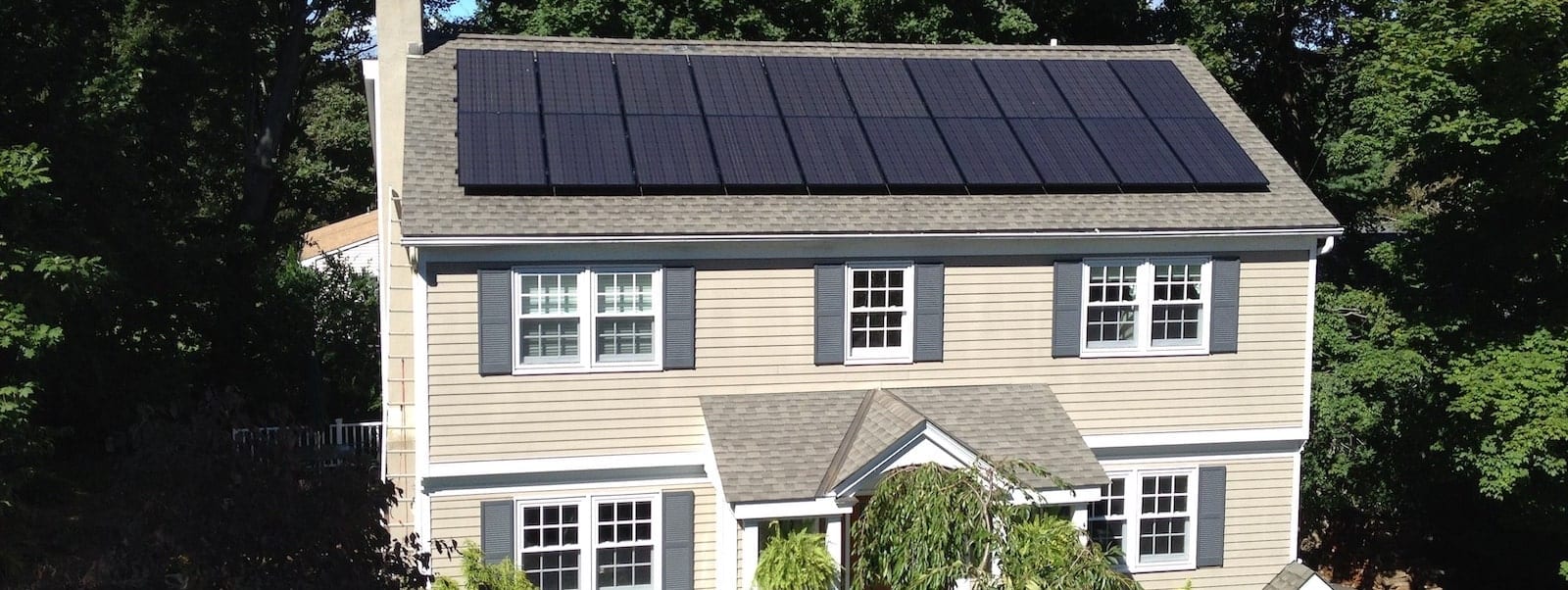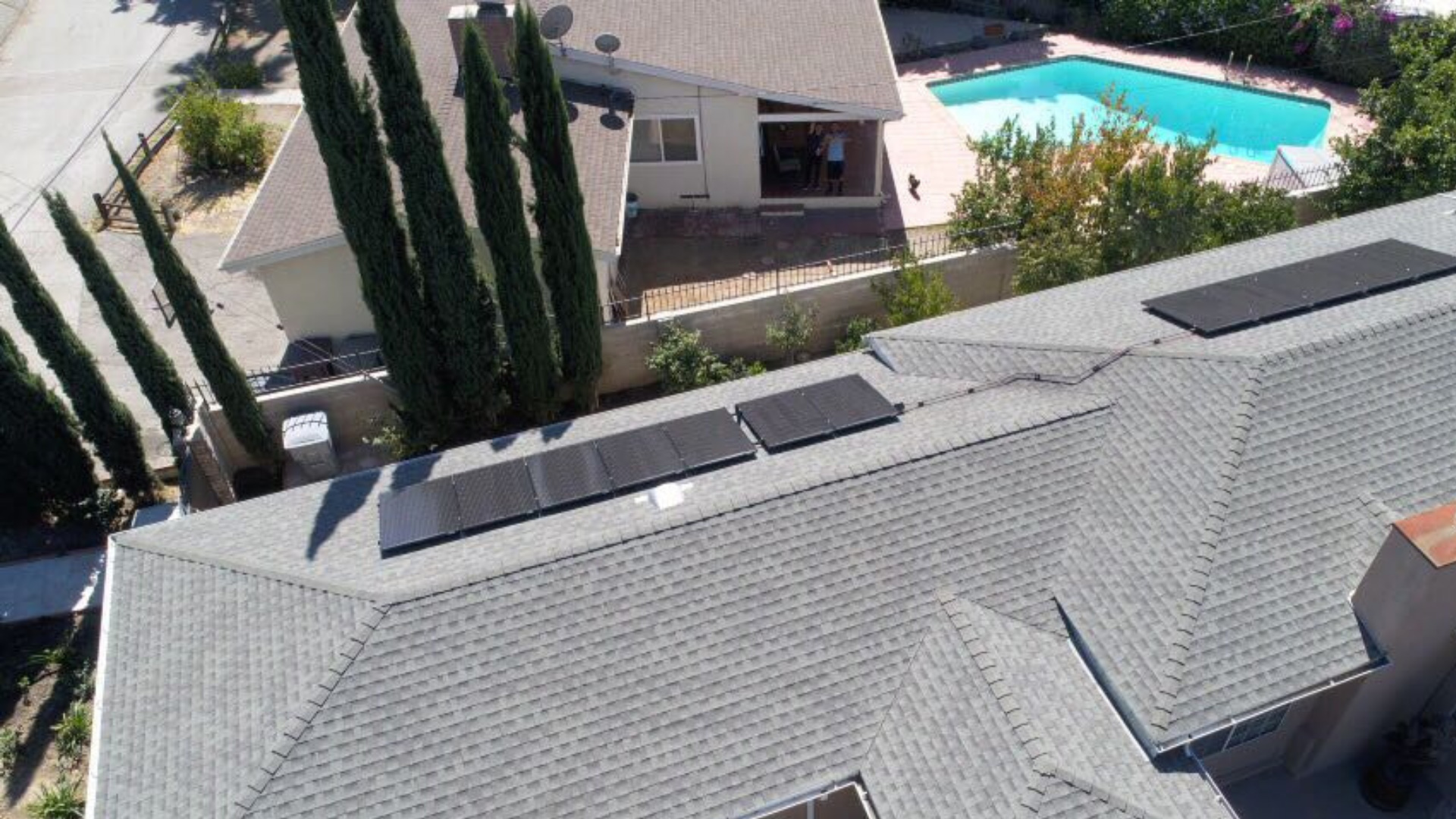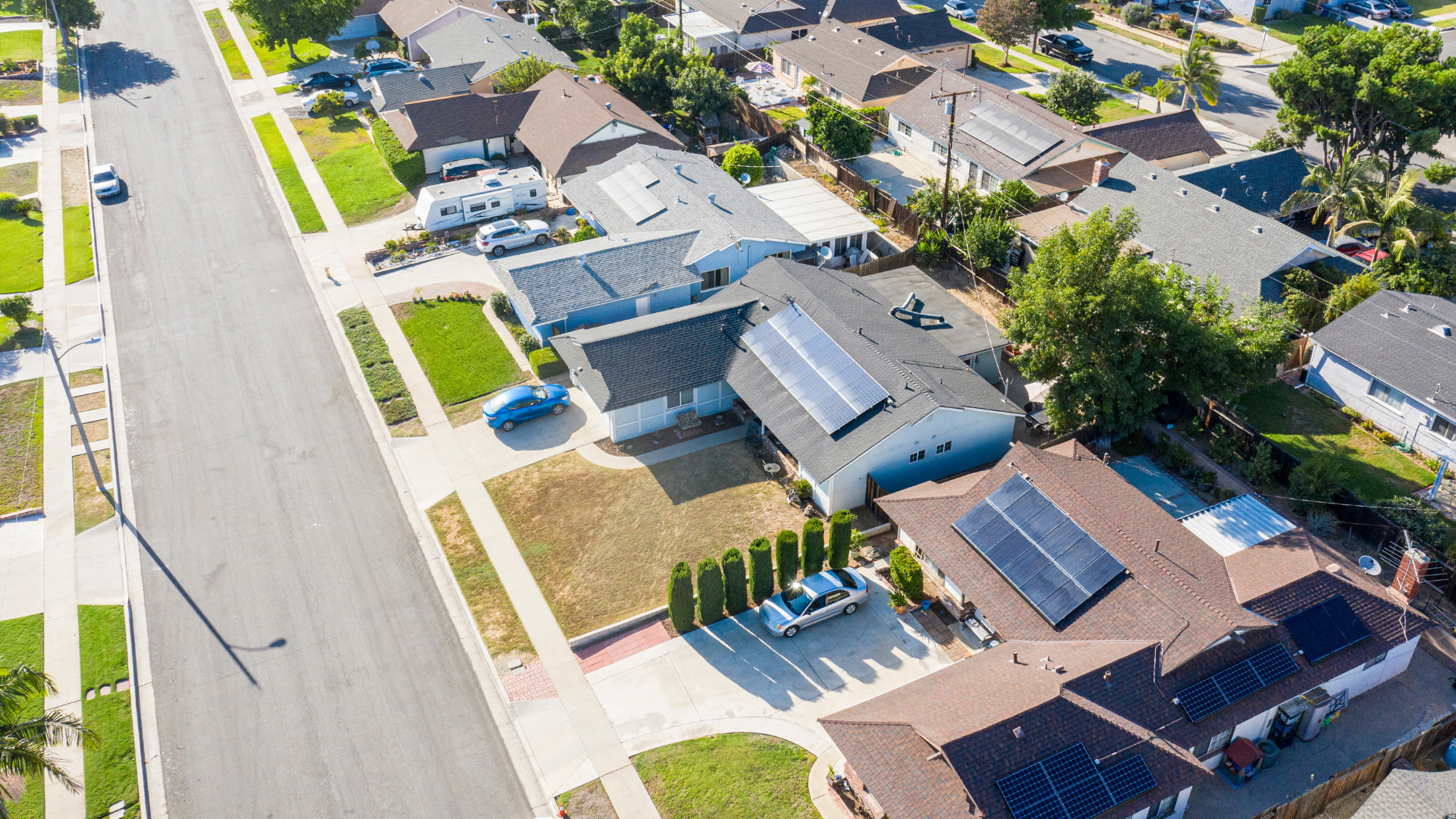by Malene Blaedel, Solar Optimum contributing writer
A victory for renewable energy. The Inflation Reduction Act of 2022, a bill that includes $370 billion in spending for renewable energy and climate measures was passed by the Senate. The House is scheduled to reconvene this week to pass the bill and send it to President Biden.
Not only will homeowners be able to claim a 30% tax credit for the next ten years, the credit will also retroactively be applied to anyone who installed their system since the beginning of 2022.
The 30% credit also applies to battery storage – whether it is installed along with a solar system or separately.
The ITC solar tax credit, originally part of the Energy Policy Act of 2005, is a tax credit that allows owners of solar homes to deduct a percentage of the total cost of their residential solar panels and/or battery storage on their federal tax returns.
The credit was initially 30% but decreased to 26% in 2020. It was scheduled to drop to 22% in 2023 before expiring in 2024. However, earlier this week, the US Senate passed the “Inflation Reduction Act of 2022” which includes a 10-year extension of the solar ITC at 30%.
The bill comes at a crucial time with skyrocketing energy costs and inflation at its highest since 1981. In addition, the NEM 3.0 proposal which, if put in place, will make buying solar panels in specifically California more expensive.
“This bill is incredibly important for the future of solar,” said Rainier de Ocampo, VP of Marketing at Solar Optimum. “Renewable energy should be available to anyone who wants it, and the ITC tax credit plays a big part in making solar an option for many businesses and homeowners.”
How to make the most of your solar panel investment
With the Inflation Reduction Act of 2022, those looking to go solar will see substantial savings on solar panels for homes – with or without battery storage. The 30% credit will be offered for systems installed and placed in service before the end of 2032. It will then decrease to 26% in 2033 and then to 22% in 2034.
According to The New York Times, the House is expected to pass he bill by the end of this week before it is sent to President Biden.
“We are ecstatic that the Senate has passed this bill. And even though the ITC tax credit of 30% will be valid for the next 10 years, we recommend reaching out to a solar panel company as soon as possible,” said de Ocampo. “The sooner you install your solar system, the sooner you can start saving – especially since anyone who has a system installed this year will get the 30% credit backdated instead of the 26%,” he concludes.
Many states have other rebates available for homeowners who are considering going solar, so it is important to ask your solar panel company to help identify and apply for rebates as well as financing options to make the most of your investment.
Are solar panels worth it?
With the promise of increased tax credits, solar will become more affordable for many homeowners, making it a sound investment. Solar can not only help homeowners save money on their utility bills but also act as a form of insurance against blackouts when combined with battery storage.
Solar panel companies across the US are expecting high demand for solar and storage once Biden signs the bill, so call Solar Optimum today to learn more about your solar panel and battery storage options.





